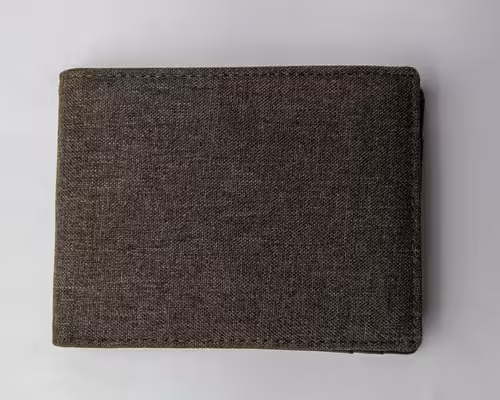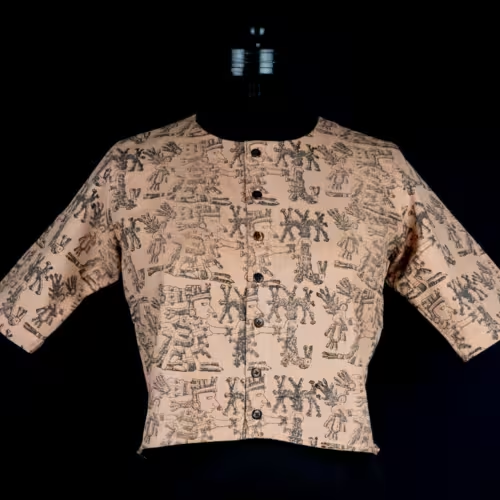“Recycling is such a moral gray area,” said Adam Minter, a recycling expert and the author of Junkyard Planet: Travels in the Billion-Dollar Trash Trade. “When you put your recyclables in the bin, you want it to feel green, but it’s really very complicated. If you think you’re not wasting resources and not making an environmental or social impact, then you clearly don’t understand what’s happening.”
After China closed its doors to plastic trash from the world in early 2018, Malaysia became the planet’s recycle bin virtually overnight. China’s decision prompted a panic world over. America, which once exported about a third of its trash to China, was suddenly left with overflowing landfills, tall promises of recycling that it couldn’t keep and more trash than its recycling facilities could process. Several facilities in California, New Hampshire and in other states closed down or cut down on their recycling programs. How did America, Germany, Australia, the UK and Japan cope with this sudden deluge of trash that they couldn’t ferry to China anymore? They looked further South, toward Malaysia, Vietnam and Thailand. The buck was inadvertently passed on to these countries, unprepared and ill-equipped to deal with millions of tons of plastic trash from around the world.
“America and other wealthy nations are sweeping their waste to Malaysia and other countries,” said activist Heng Kiah Chun. “Southeast Asia shouldn’t be the world’s dumping ground.”

The crisis in Malaysia is getting worse and worse. Their waterways are clogged, roads are littered, dumpsites overflowing and pollution worsening. Greenpeace activists who examined the Ipoh dumpsite state that about half the trash is from the home country. The remaining is a mix from the US, New Zealand and other nations. Among the trash examined were cheese wrappers from Wisconsin, plastic wrapping from Arkansas and an Arizona tea container in addition to hundreds of 7/11 bags. Starting in late 2017 and in early 2018, Vietnam doubled its imports, Thailand saw plastic trash imports increase by 1370 per cent and Malaysia imported about 435 million pounds of scrap from the US.
Hundreds of illegal recycling plants have cropped up in Malaysia over the last two years, starting in early 2018. These plants take in the trash that comes in huge containers and recycle the plastic waste to obtain raw materials for their manufacturing processes. The trash that cannot be recycled or reused is dumped or burned, causing toxic chemicals to be released into the air. These illegal plants are mainly run by the Chinese in Malaysia as labour is cheap and laws are less stringent in Malaysia.
This is an extremely hard cycle to crack since processing trash illegally is so lucrative to facility owners. They have no qualms about tossing aside or burning contaminated plastic trash and retrieving recyclable plastic. Once plastic is recycled, the resulting resin finds its way back to China, for China still needs tremendous amounts of raw material. For legal importers, however, these imports are a nightmare. Countries that are supposed to be shipping only recyclable plastic often ship contaminated or non-recyclable plastic to these countries, forcing Malaysia, Vietnam and other Asian countries to grapple with mountains of unusable trash. Legal recyclers have to spend additional amounts of money to sort the trash into recyclable and non-recyclable waste as well as safely discard unusable trash.
“You have to understand that recycling is really about manufacturing, and it’s only about manufacturing,” continued Minter, whose family has operated a scrap business in Minnesota for several generations. “We’ve come to see recycling as this environmental thing that’s dusted with green fairy dust—but [recyclables] are really raw materials, and the reason they went to China in the first place is because all the manufacturing was happening there. And it continues to go there now because manufacturing is still happening.”

Another reason that so much trash is being shipped is to cover shipping costs. American, Japanese, Australian and European products that are manufactured in China are shipped back to their home countries. However, ships coming back from these countries to China now carry significantly less product and aren’t filled. To save cost, rather than come back empty or half full, these are often filled with plastic waste for recycling. Freight companies thus offer these countries much lower rates to use their services and ship trash to China (formerly), Malaysia and other South Asian countries.
“We didn’t feel the impact of just how much trash we have in the whole world until China banned it,” she said from her office in Putrajaya. “It wasn’t just a wake-up call for us. It was a wake-up call for the world.” Yeo Bee Yin, Malaysia’s minister of environment.
To read more about the Basel Convention and what Malaysia is doing to fight the trash deluge, click here.
REFERENCES:
https://www.nytimes.com/2019/06/07/world/asia/asia-trash.html>
Netflix: The Series “Broken”: Recycling Sham.











